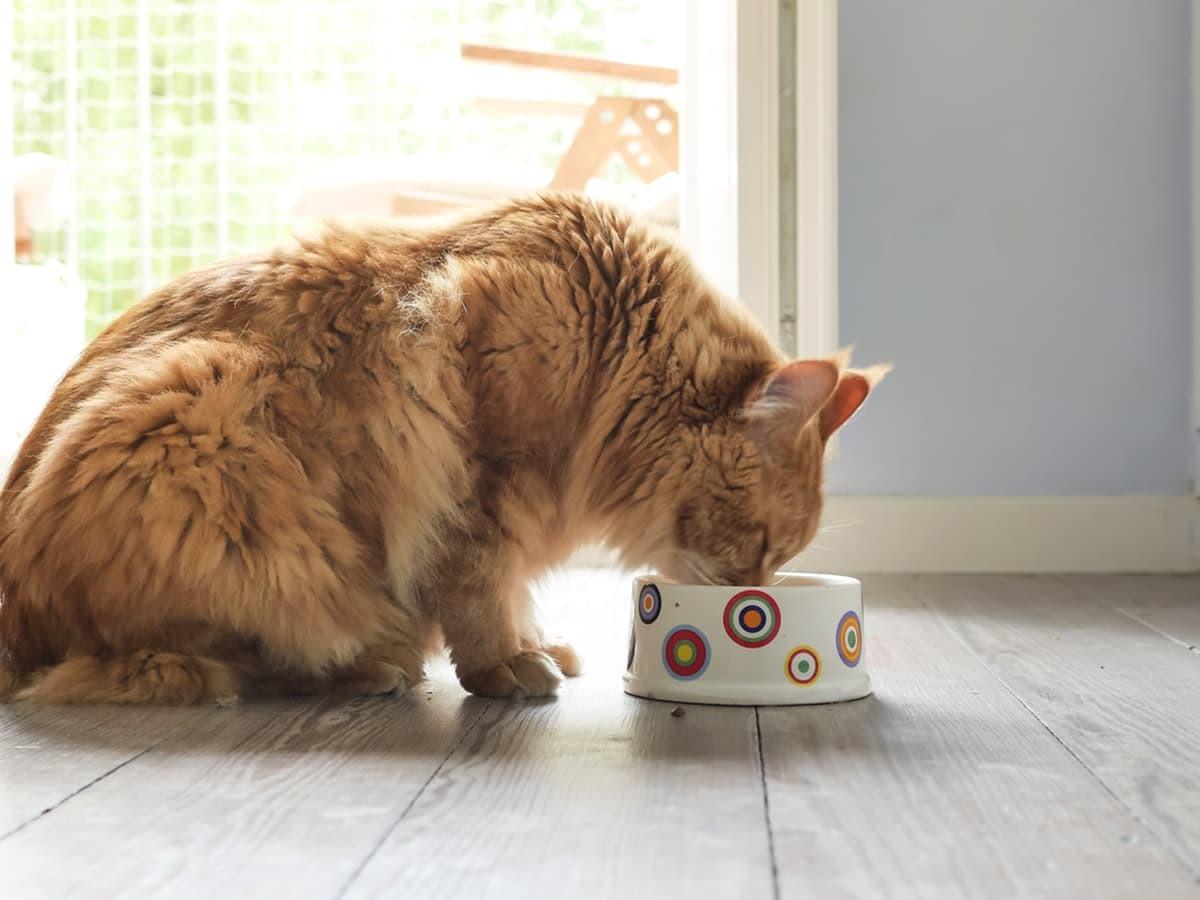While the dough of a pizza is not necessarily toxic to cats if it includes toppings that are toxic to them, giving your cat a bite can have serious consequences. This is why pet parents need to understand which parts are safe to share with their cats and which parts should be kept away from them.
One of the most popular dishes in the world, pizza originated in 997AD. People back then called it ‘tomato pie’ though. Today, approximately 3 billion pies are sold annually in the United States.
And as a loving pet parent, it's normal to be curious about if it's safe to share this popular dish with your feline companion.
Do Cats Like Pizza?
Cats may show interest in the smell and texture of pizza, especially if it contains ingredients like cheese or meat. While you’re enjoying your slice while watching a soccer match, there is a high chance that your cat will sniff around and might even try to steal that slice from you.
Is Pizza Good for Cats?
To understand the health implications of feeding pizza to your cat, let’s look at individual ingredients –
Crust - Flour, water, salt, yeast, and olive oil are usually the basic ingredients of the crust. A plain baked crust would be safe for your cat. But you aren't eating only a crust, are you? And while it may be safe for your cat, it is not healthy; the extra calories can lead to weight gain. Raw dough on the other hand can be extremely poisonous for your cat. So if you are making pizza at home, make sure to keep your cat away from the raw dough. If your cat does eat rough dough, look out for these symptoms of poisoning.
Cheese – More often than not cats will show interest in eating the cheese off a pizza. But most cats are lactose intolerant, so eating cheese can lead to issues like bloating and stomach cramps. Cheese is also high in fat, and if eaten often can lead to weight gain which can later lead to joint problems. If your cat is facing difficulties following weight gain, read this article to learn about weight management. Feeding a small bite of cheese once in a while as an occasional treat won’t harm your cat though, but avoid giving them a piece of a cheesy pizza.
Tomato Sauce – Garlic, onions, and salt will most probably form the basic ingredients of the sauce. While tomatoes may be safe for your cat, garlic, and onions are very toxic to them.
Toppings – Now there are hundreds of different toppings that can be put on a pizza. From garlic, onions, olives, jalapenos, and basil, to chicken, pepperoni, tuna, etc. people put everything on pizza, including pineapples! This is where pet parents should be especially careful. While toppings like chicken and pepperoni, or basil, olives, and corn are safe for your cat to eat, seasonings like chili oils, garlic, and onion powder, are all toxic to your pet. Anything highly processed toppings would also be very unsafe; the preservatives in them can have serious side effects if consumed.
Health Benefits of Pizza for Cats
While we may think that adding vegetables and meat may make the pizza healthy the pros don't outweigh the cons; the excess calories in the bread can lead to weight gain, and the cheese can cause an upset stomach. Safe to say, there aren't any health benefits your cat can get from eating pizza.
How Much Pizza is Okay For a Cat?
No amount of pizza is safe for a cat. The toppings, cheese, and seasonings, make pizza a very risky treat to give your cat. However, if you make a healthier choice for your pizza topping, choose cooked and unseasoned lean meats like turkey or chicken, and skip the tomato sauce, your cat may have a better time digesting a piece.
What Can Happen if a Cat Eats a Lot of Pizza?
If your cat ends up eating a lot of pizza, keep an eye out for the following symptoms of an upset stomach. You should contact your vet right away if you see –
Diarrhea
Vomiting
Lethargy
Which Cats should not eat Pizza?
Pizzas are not a great addition to any cat’s diet. However, cats with specific dietary sensitivities, allergies, and lactose intolerance should avoid it completely.
Conclusion
We know you want to share your love of pizza with your pet, but we would advise you to avoid it. There are too many risks posed by the sauce, cheese, and toppings on a pizza. But if you want to give your cat a small taste, choose healthy toppings, leave off the sauce, and use minimal amounts of cheese. Also, make sure it is only an occasional treat to avoid an upset tummy or weight gain.
"Can Cats Eat Pizza?" Bacinos Pizza, https://www.bacinos.com/can-cats-eat-pizza, Mar. 16, 2024.
"Can Cats Eat Pizza?" Litter Robot Blog, https://www.litter-robot.com/blog/can-cats-eat-pizza, Feb. 9, 2021.
The information presented in this article is for educational and informational purposes only and does not constitute or substitute for the advice of your veterinarian.
